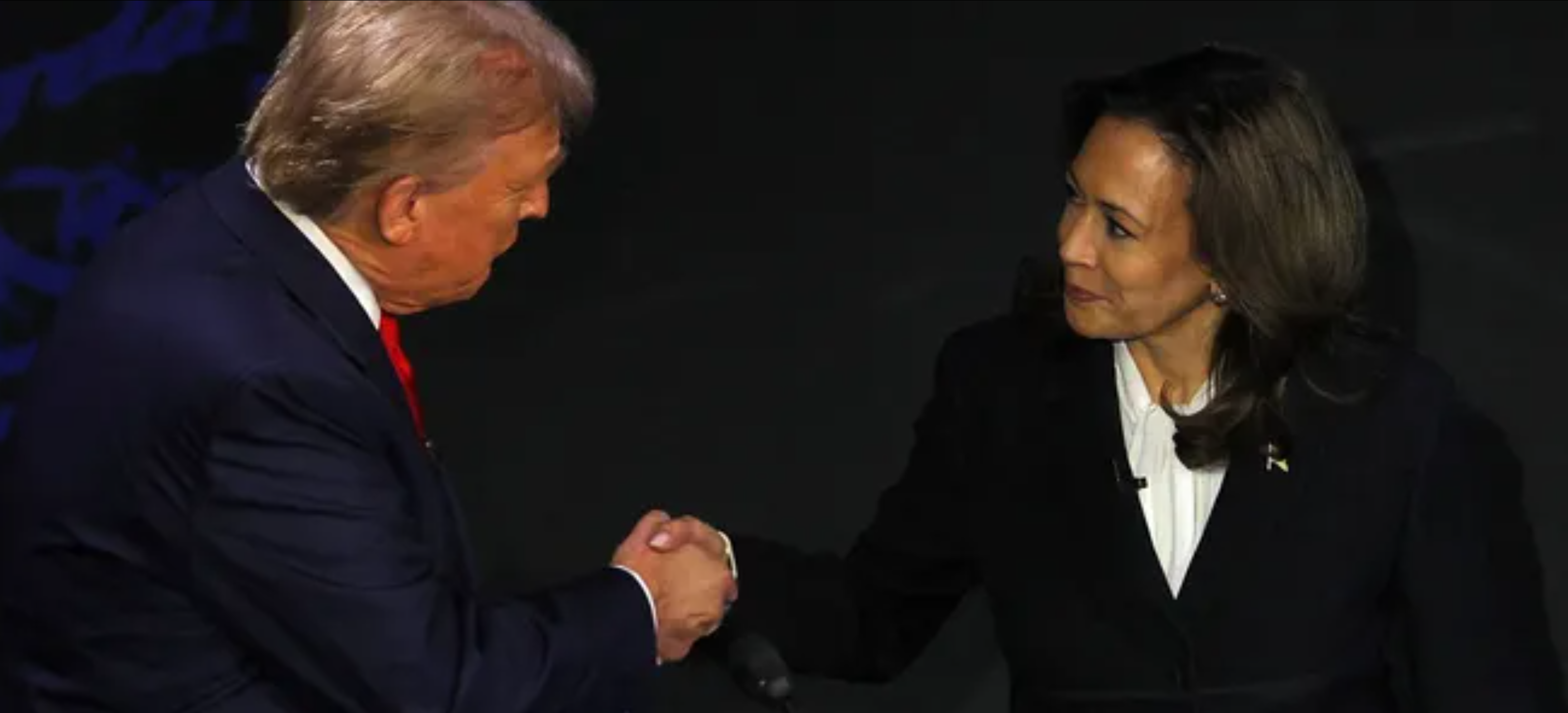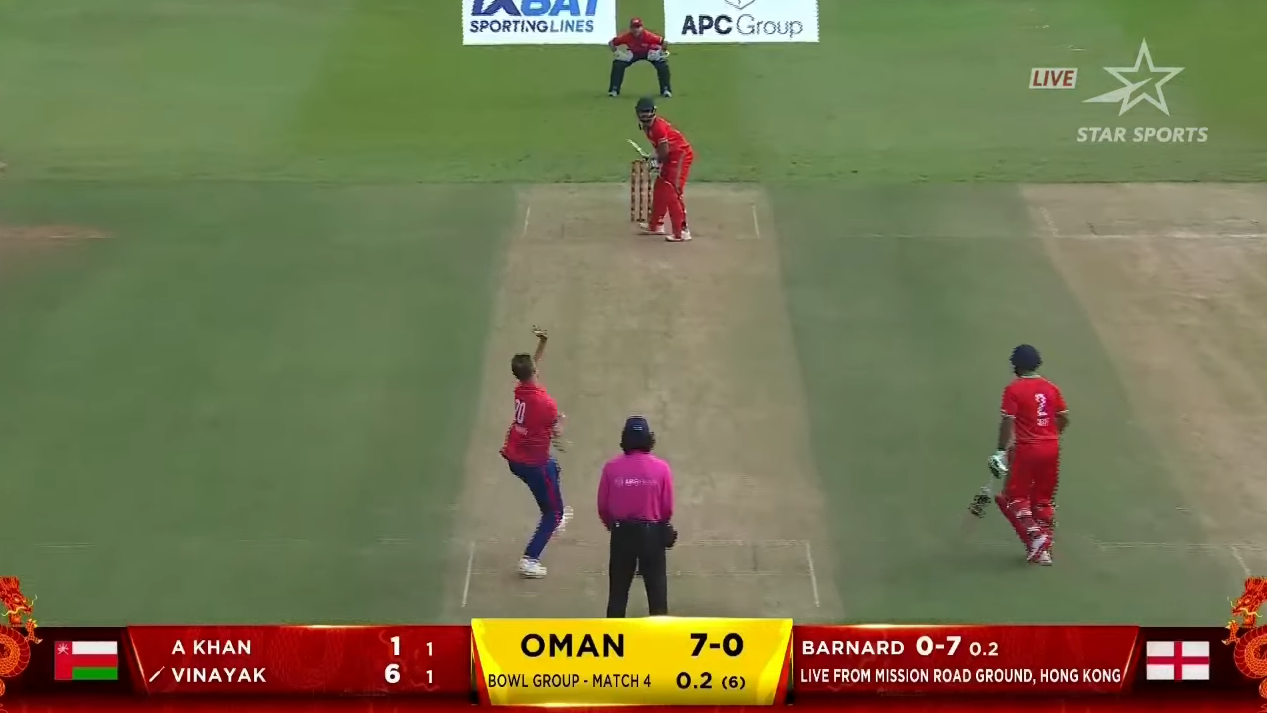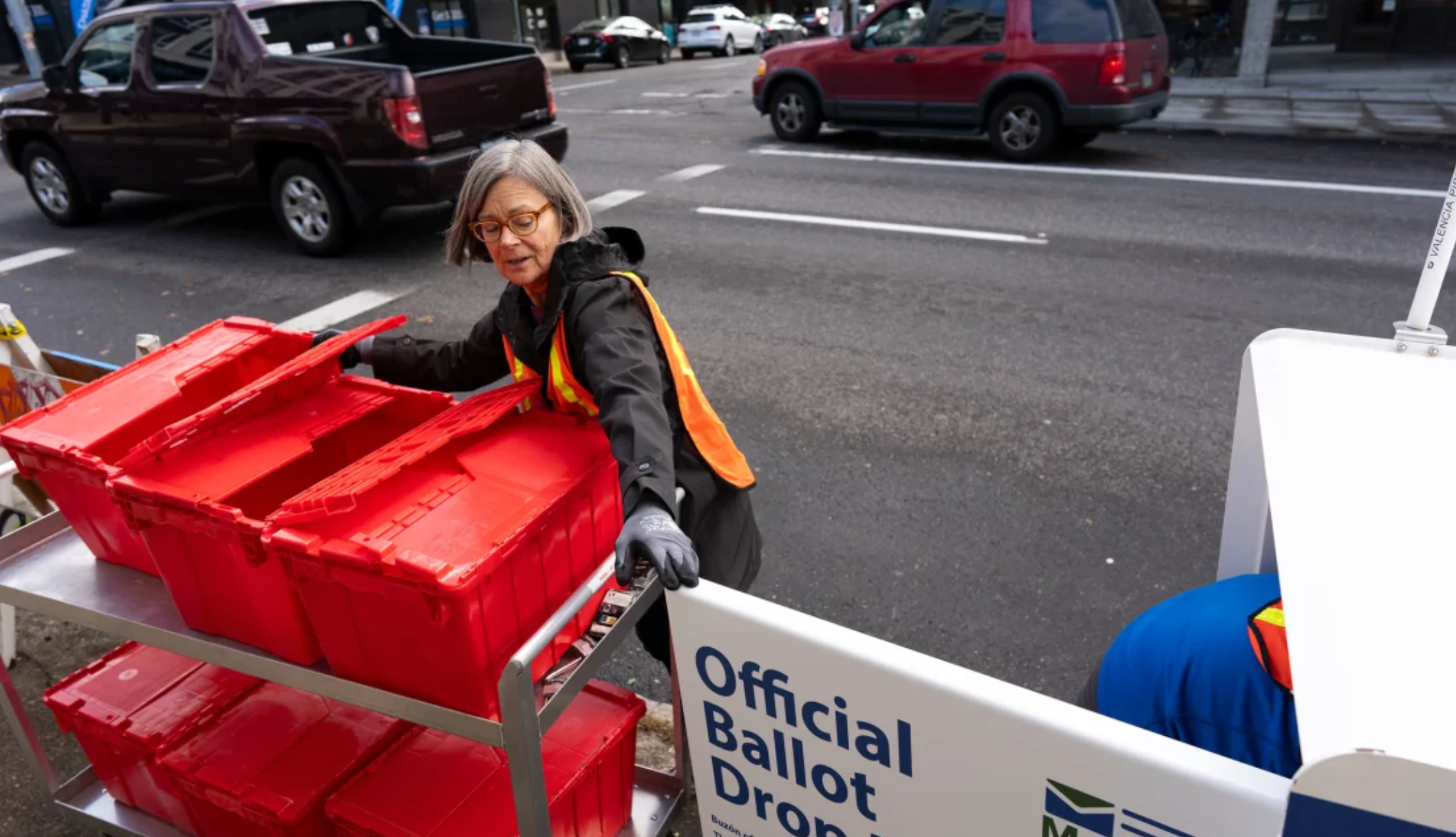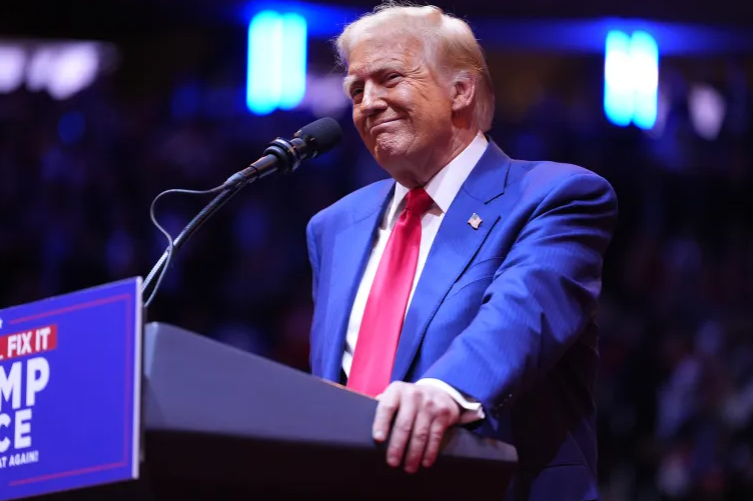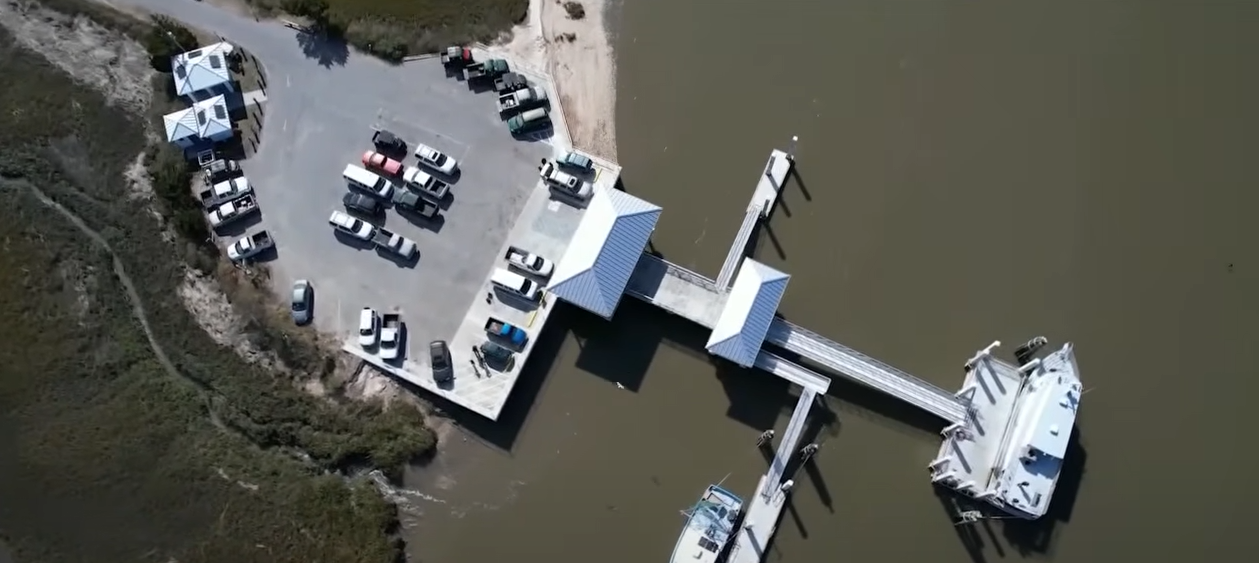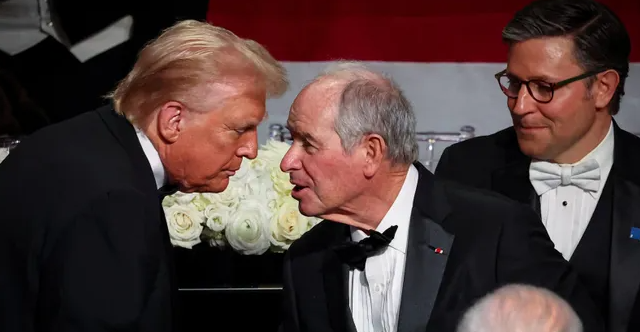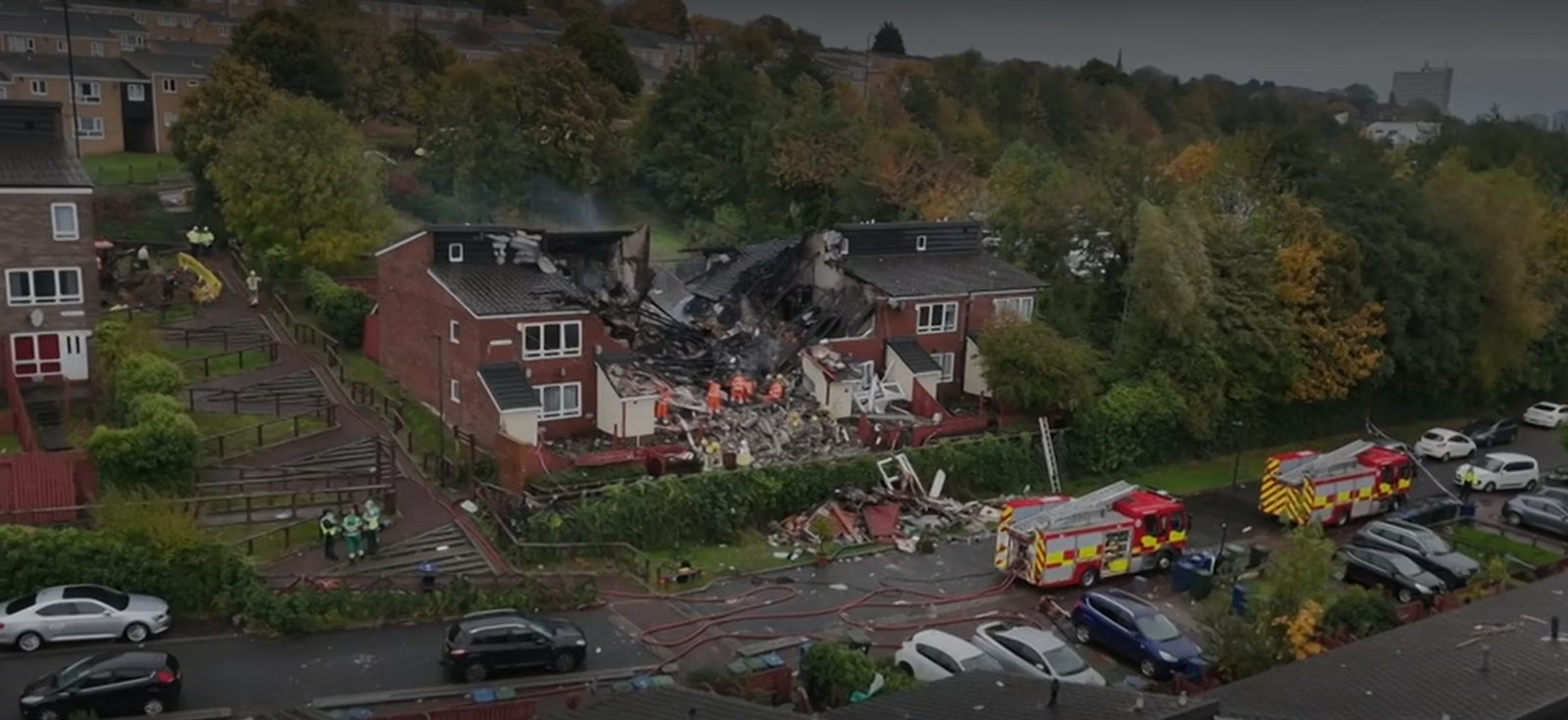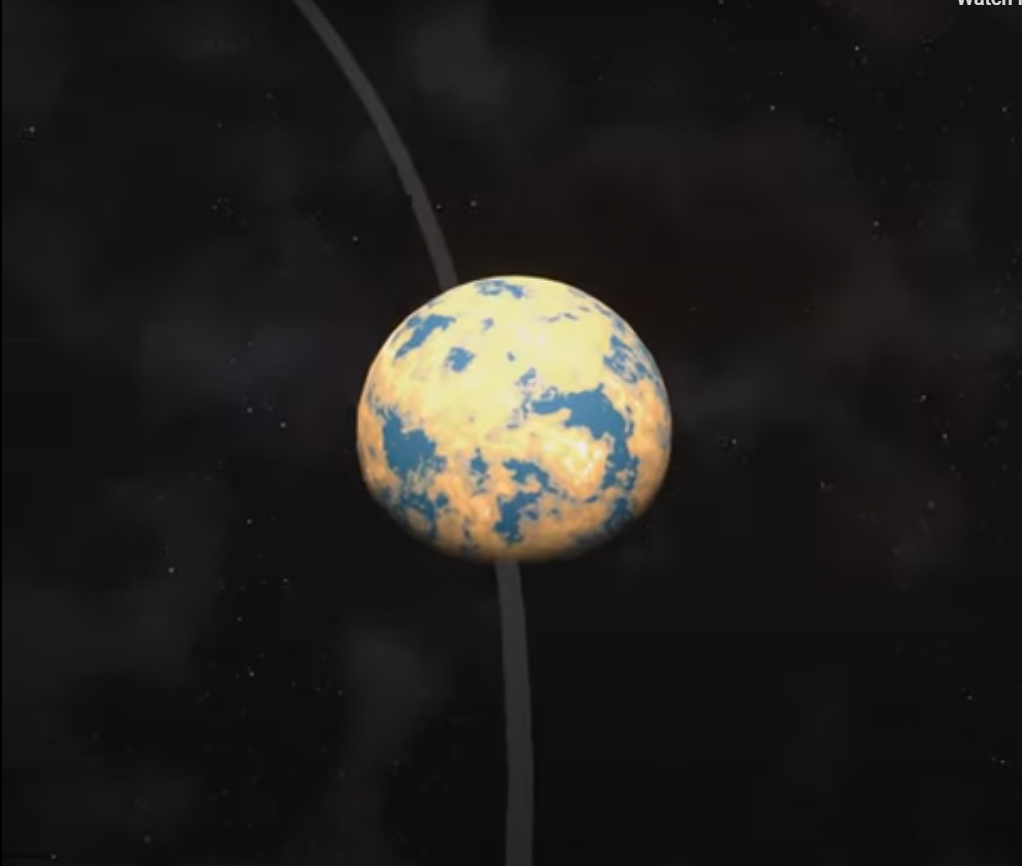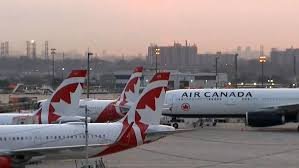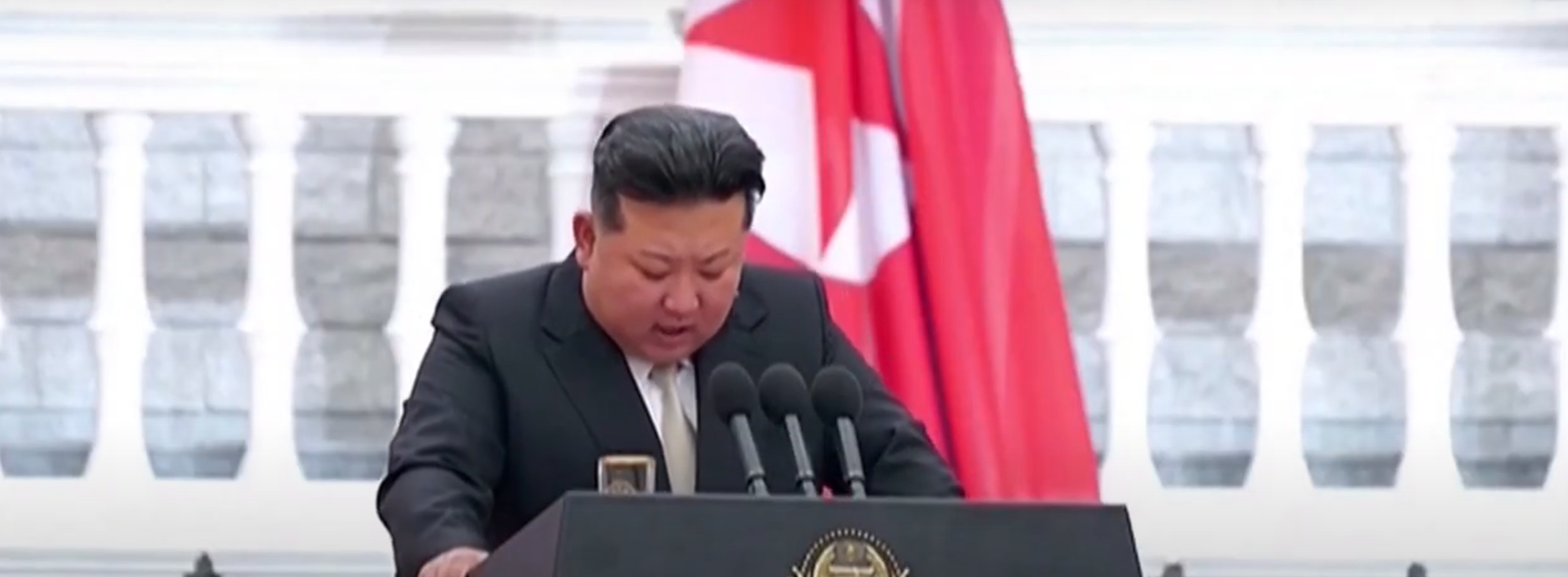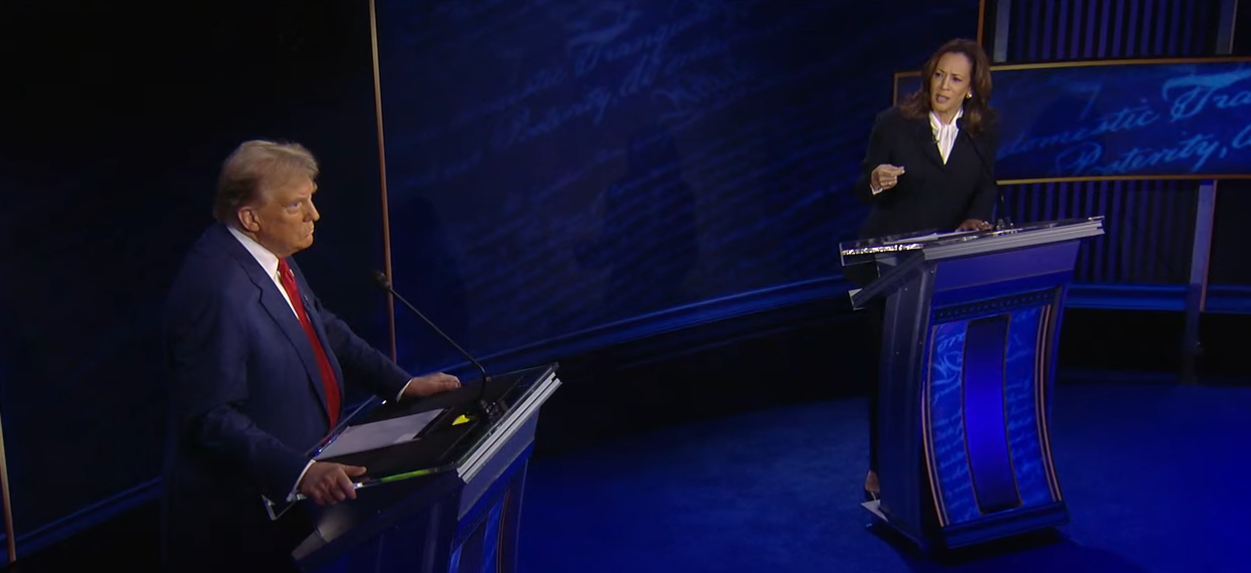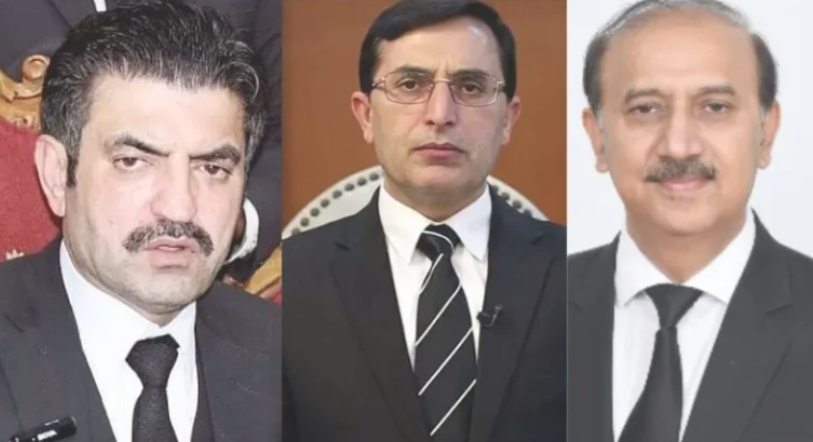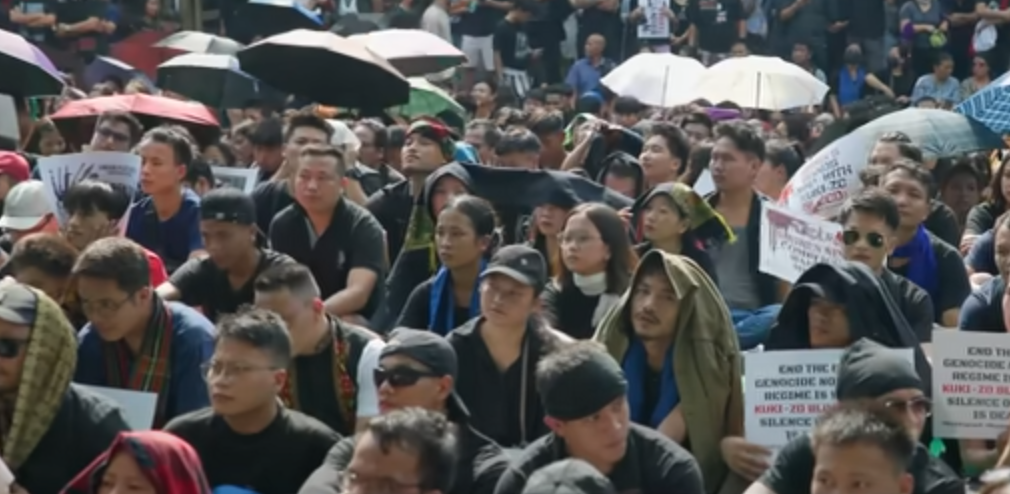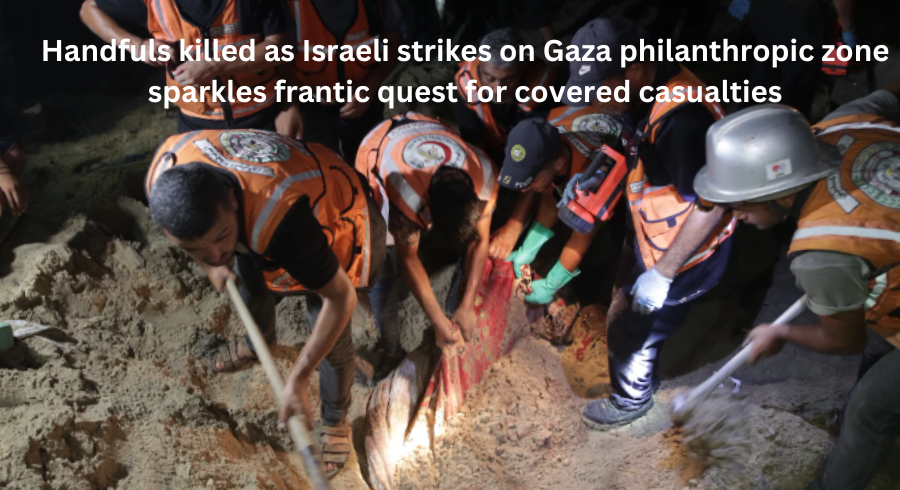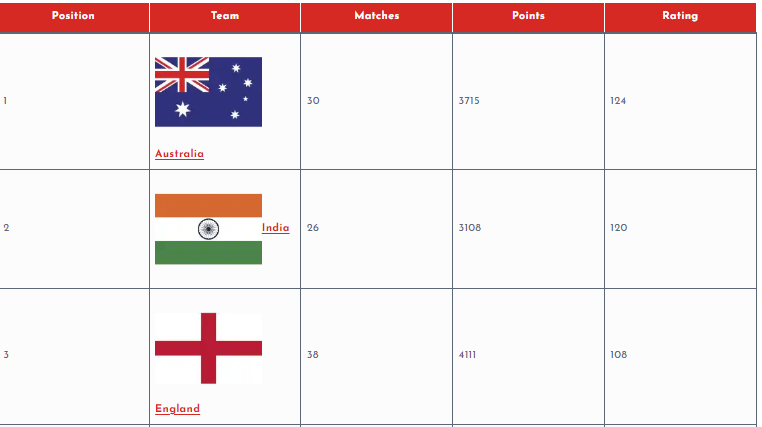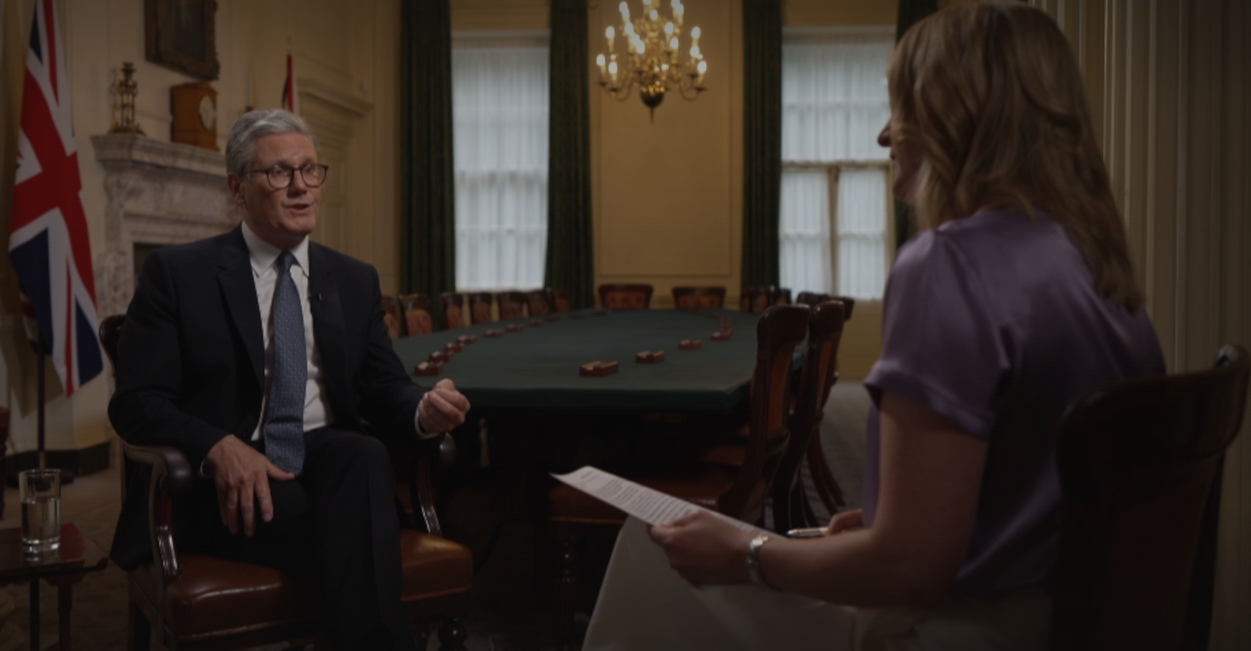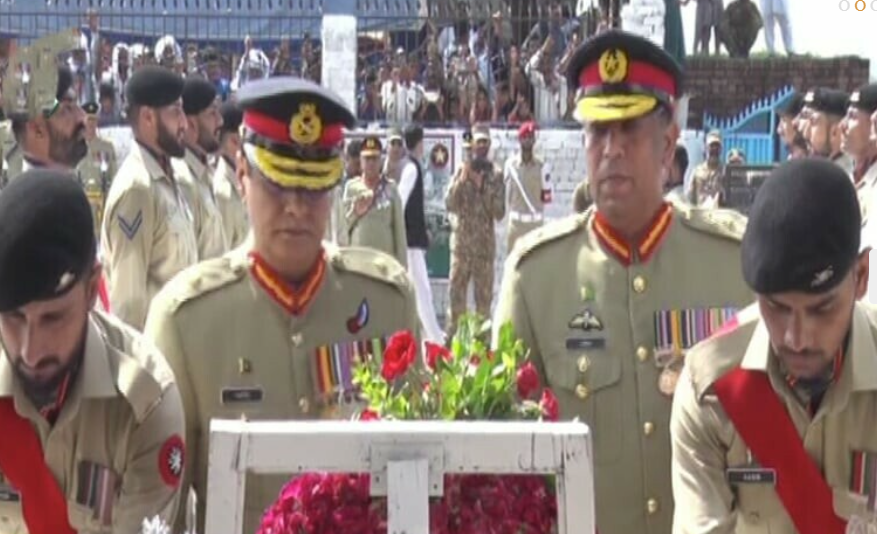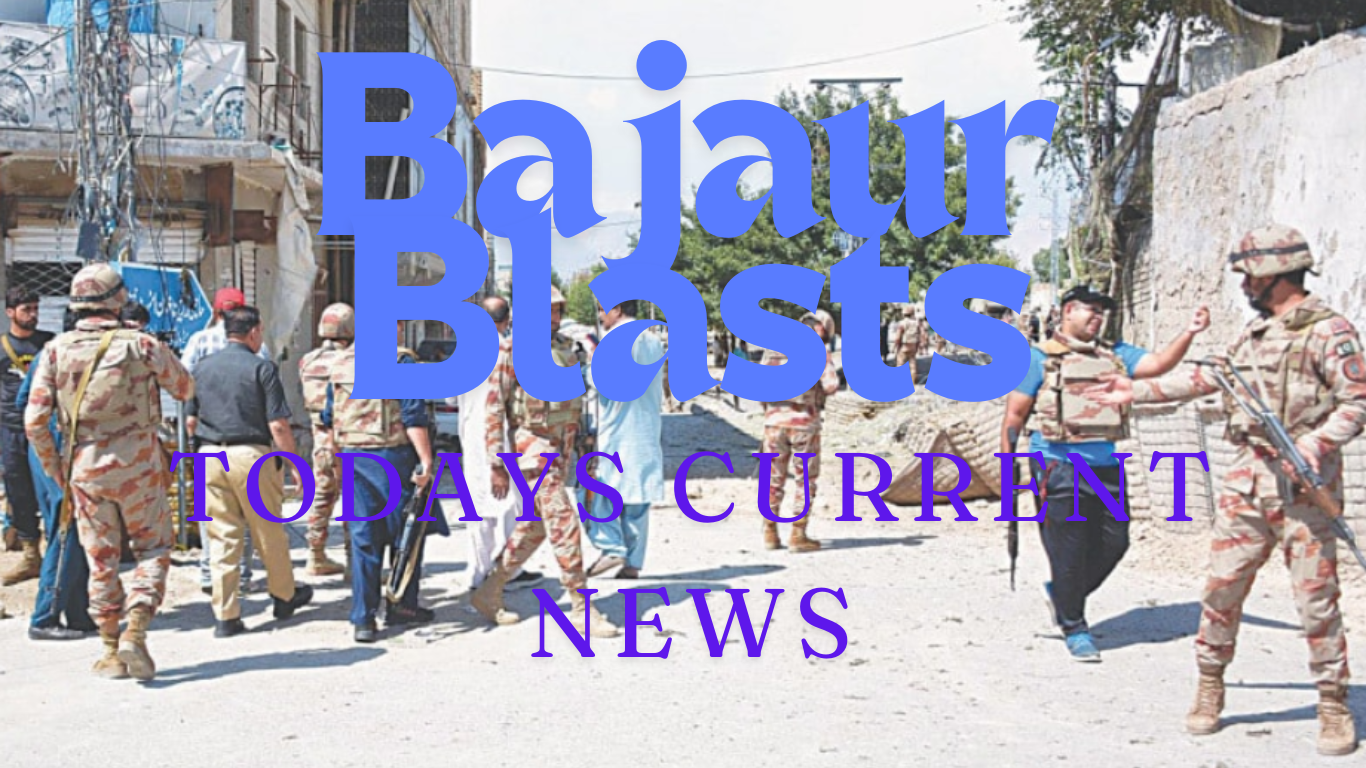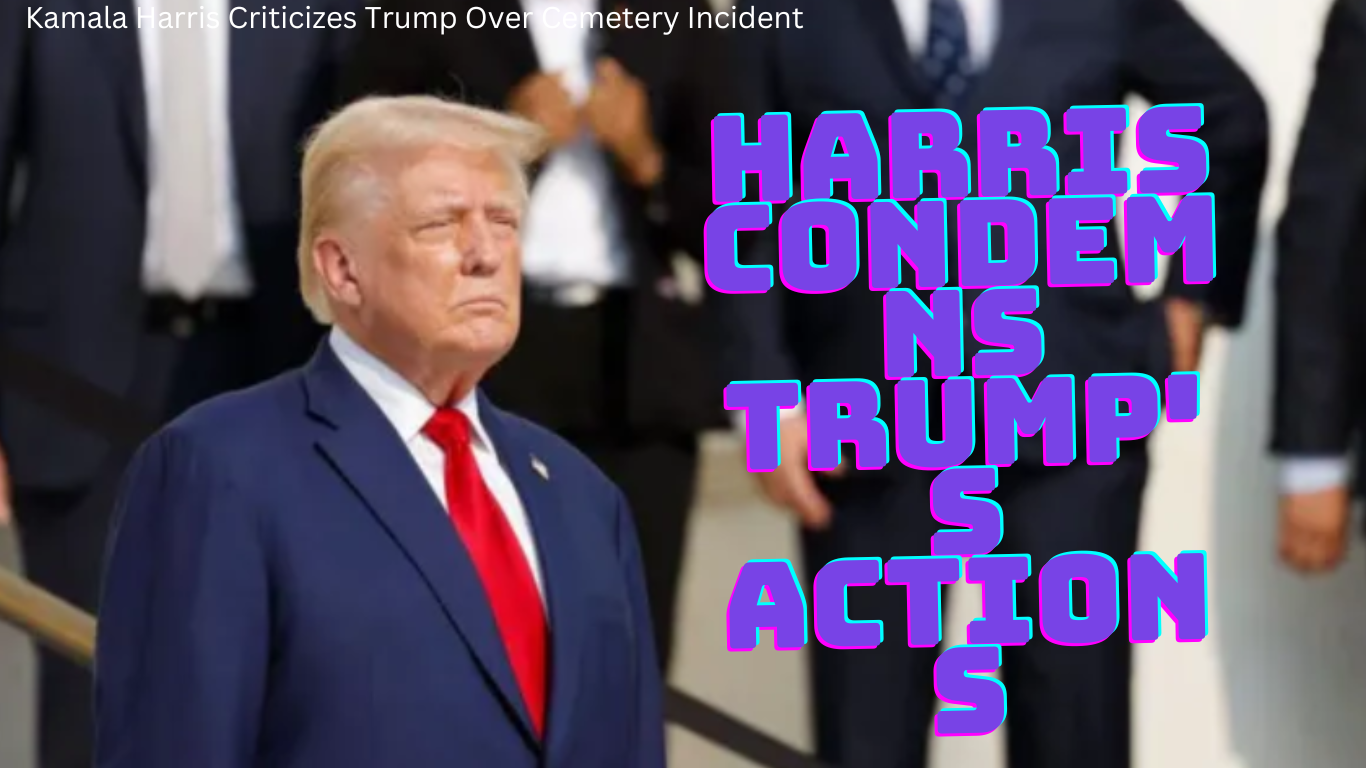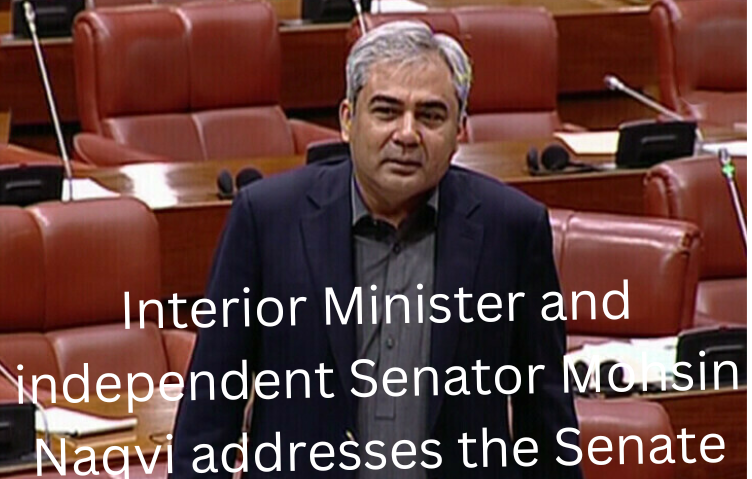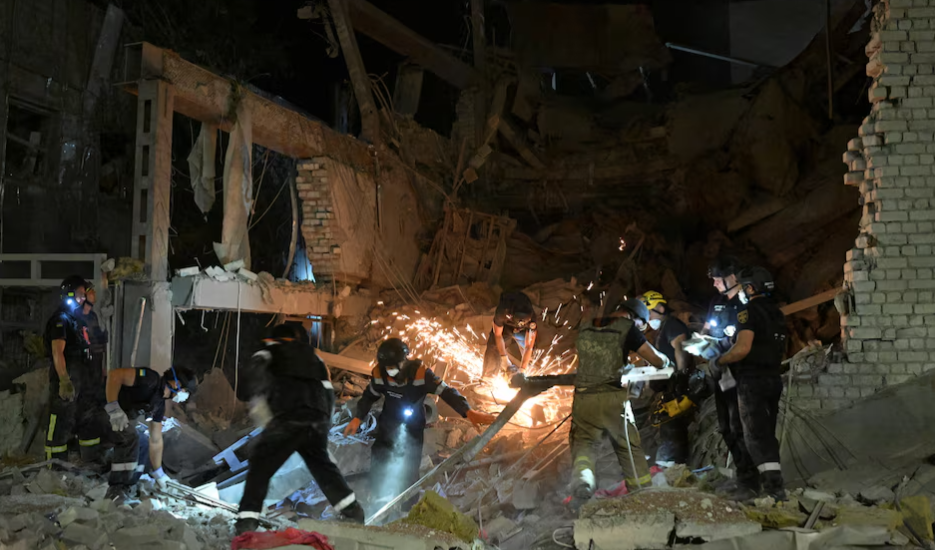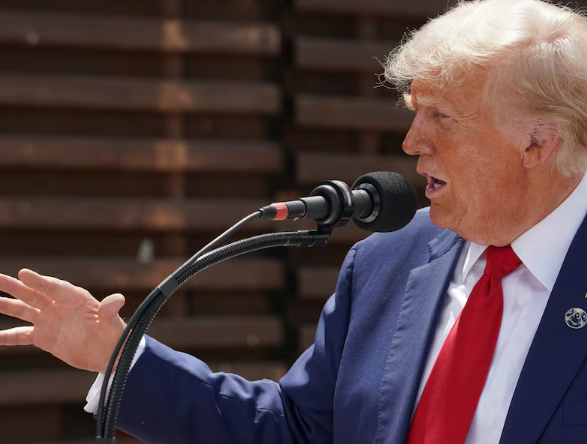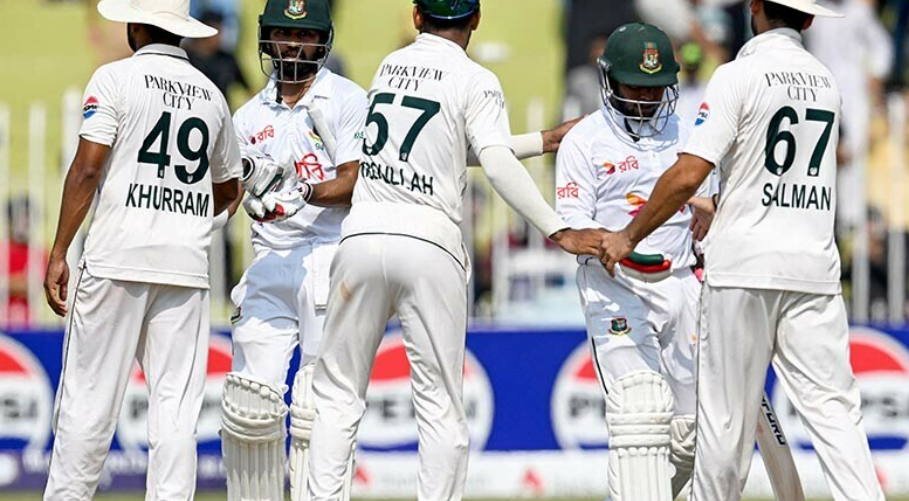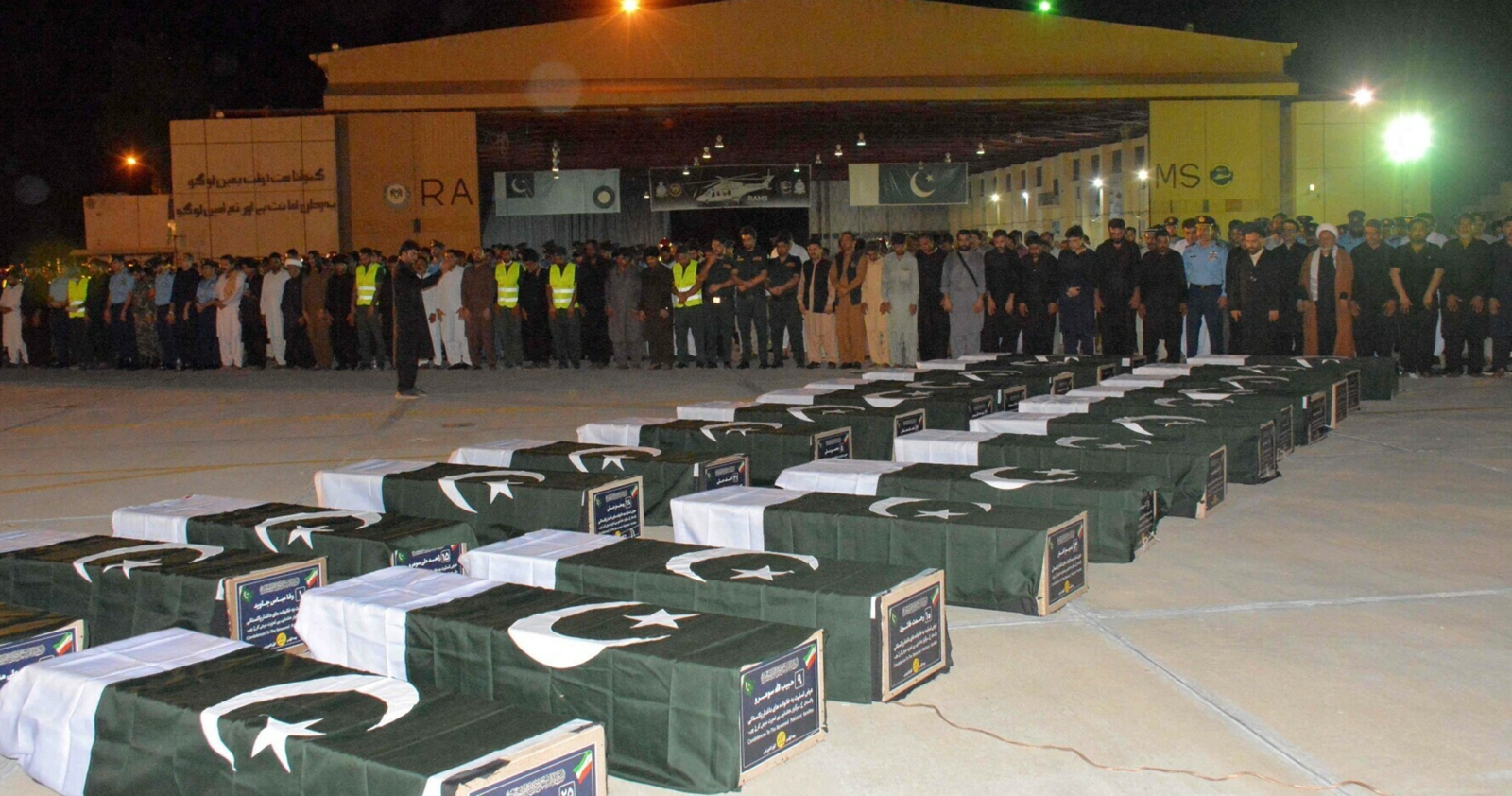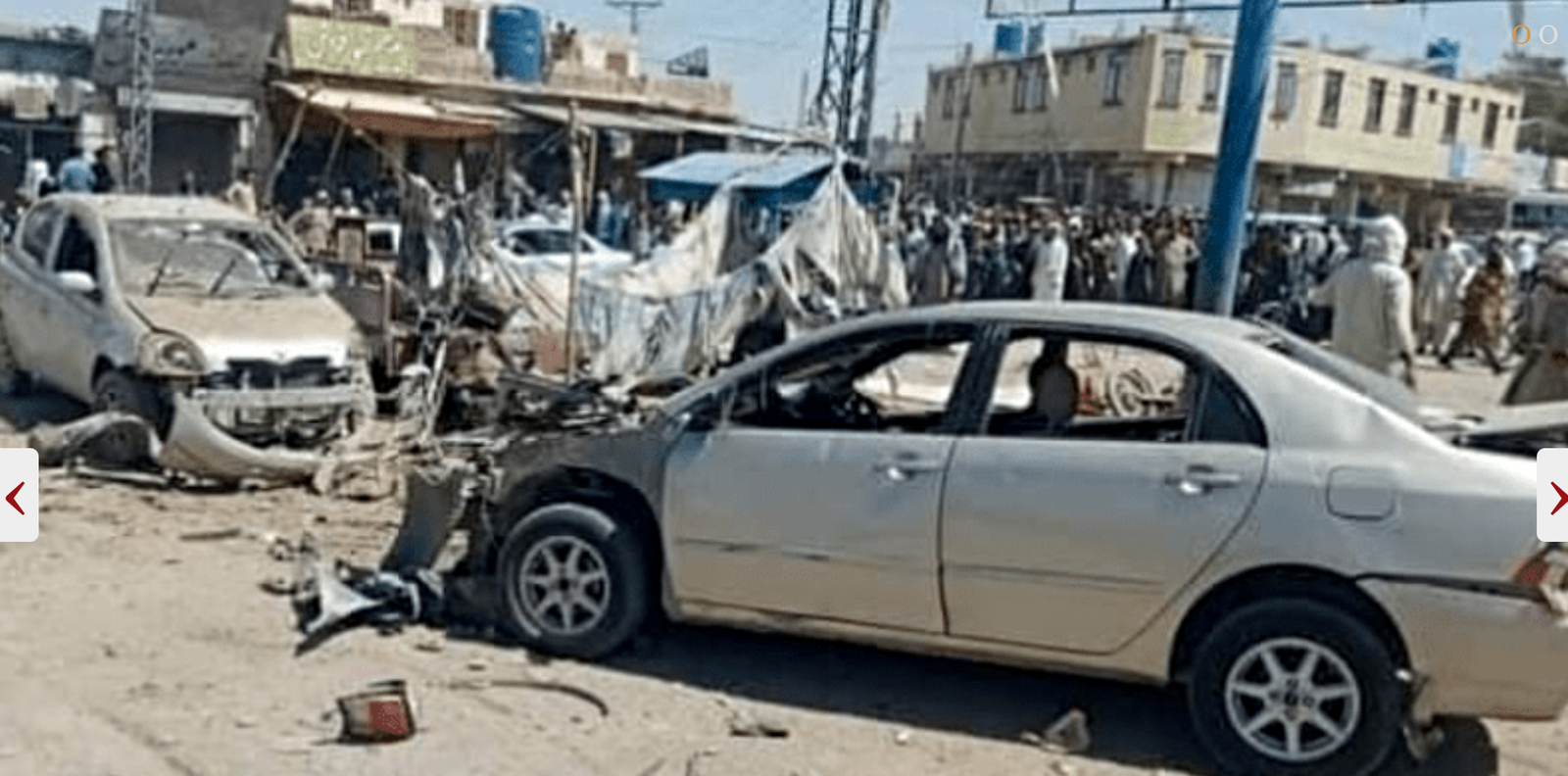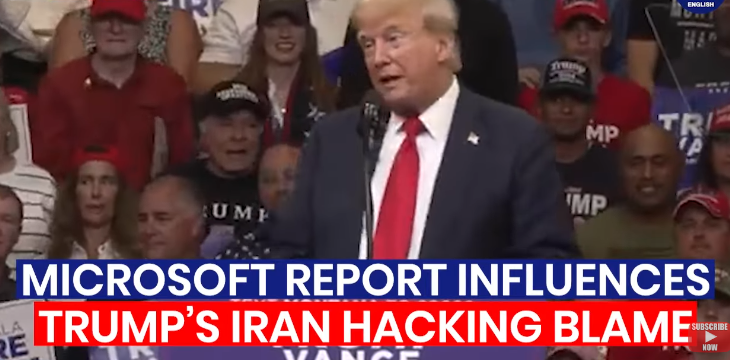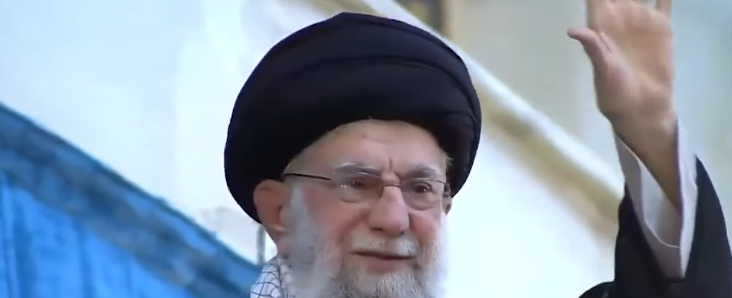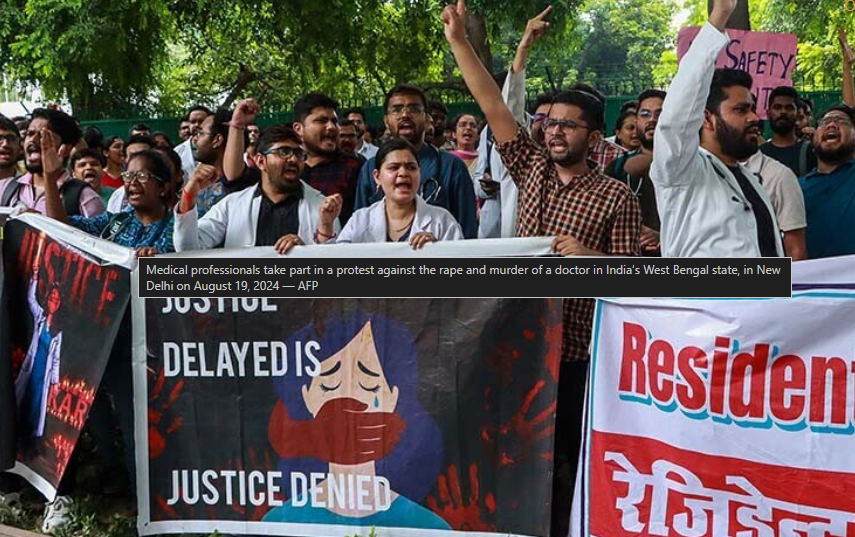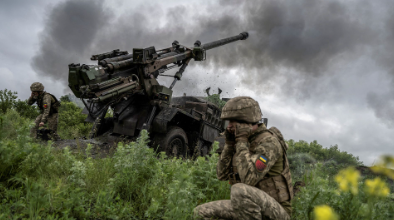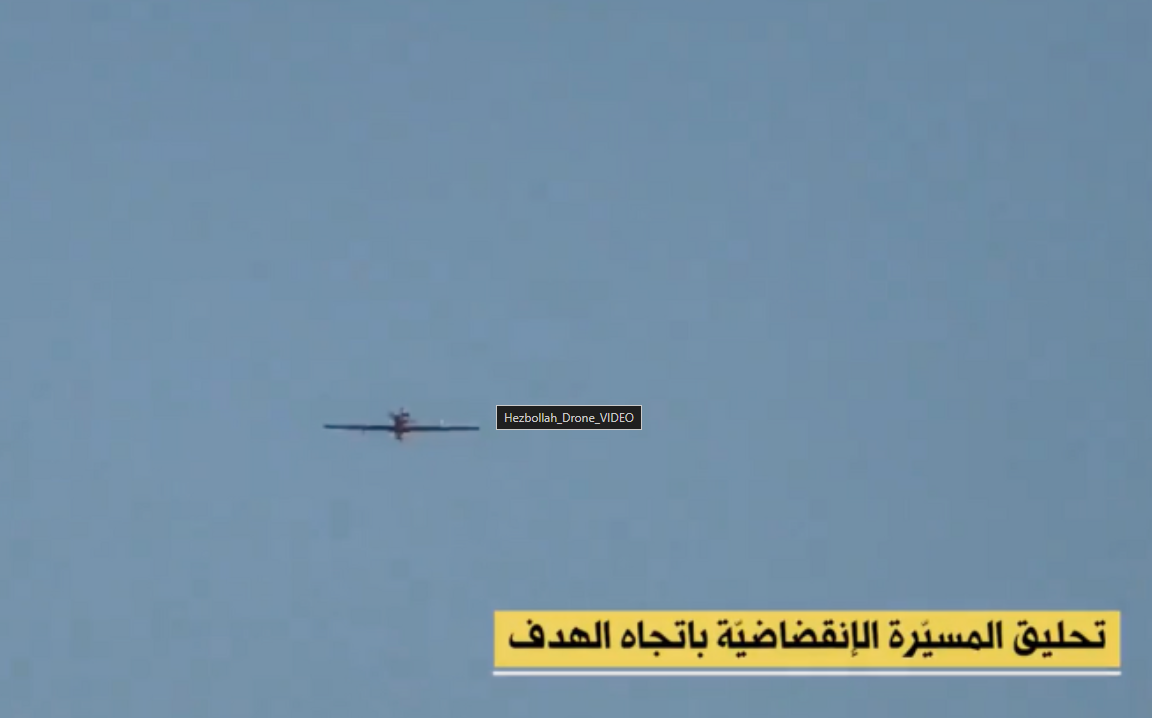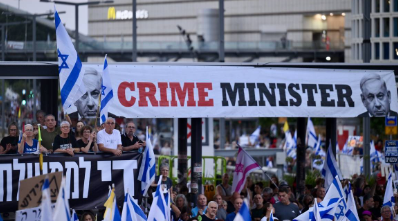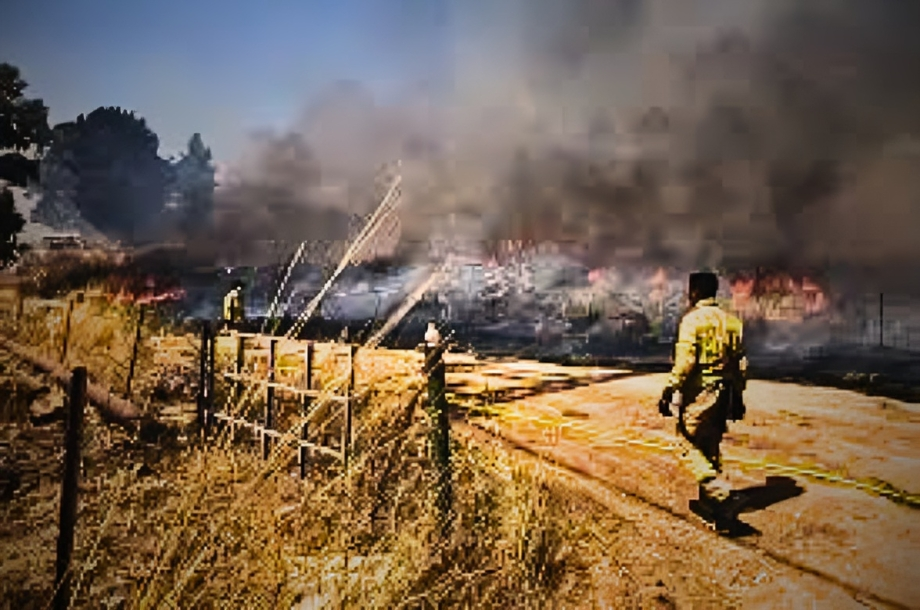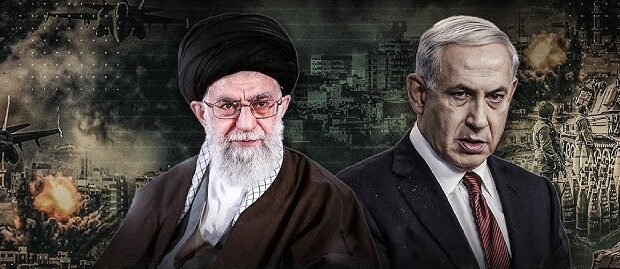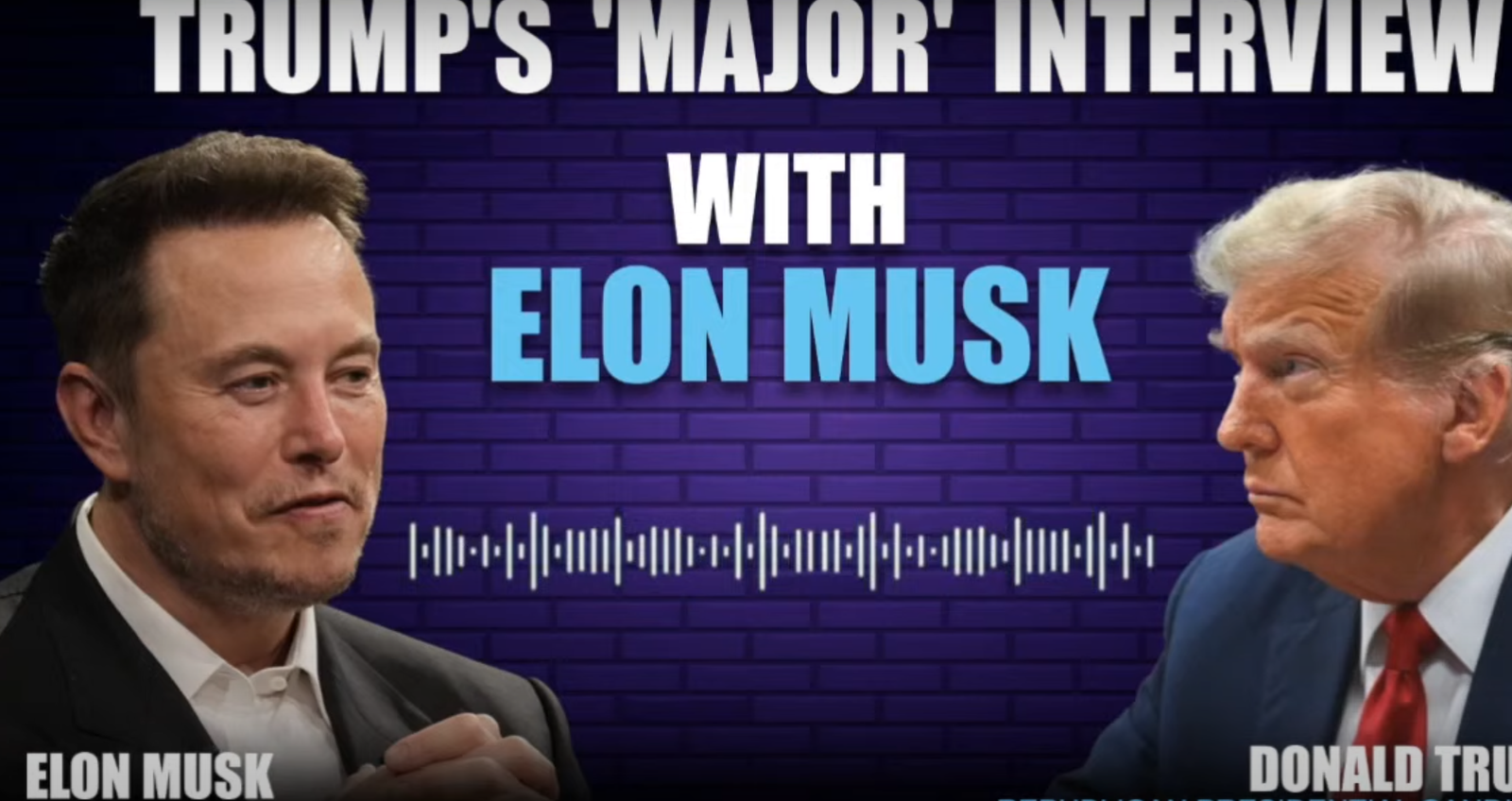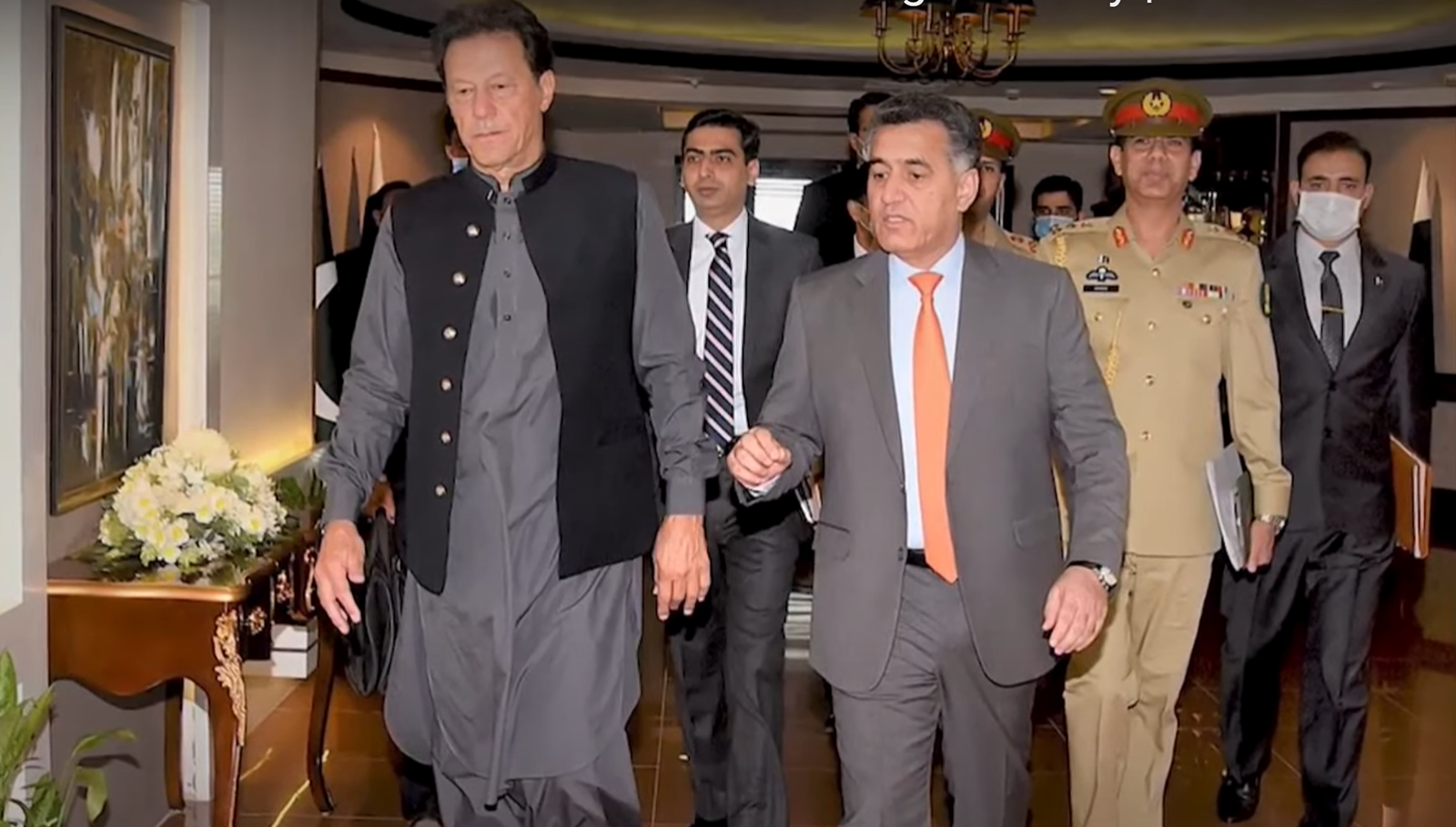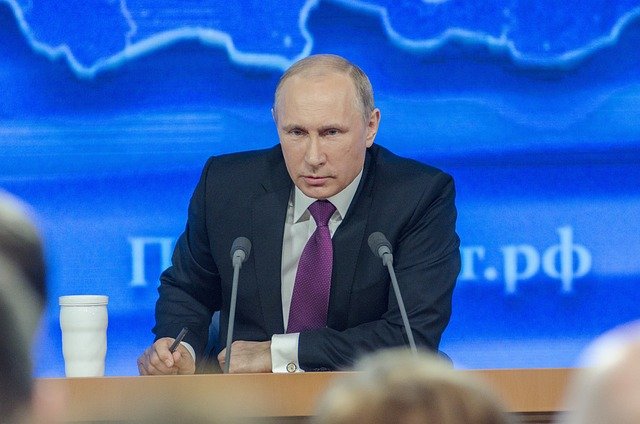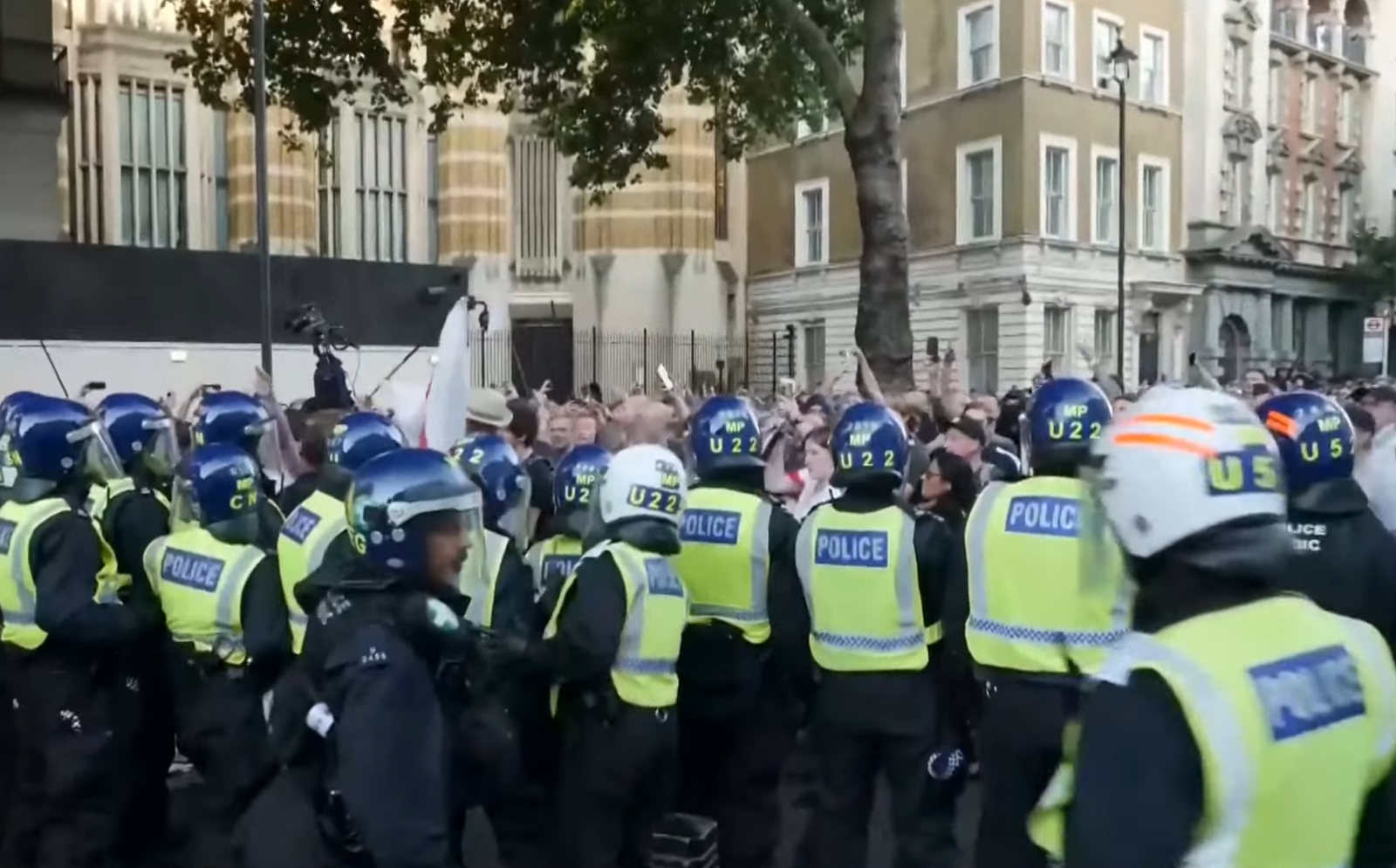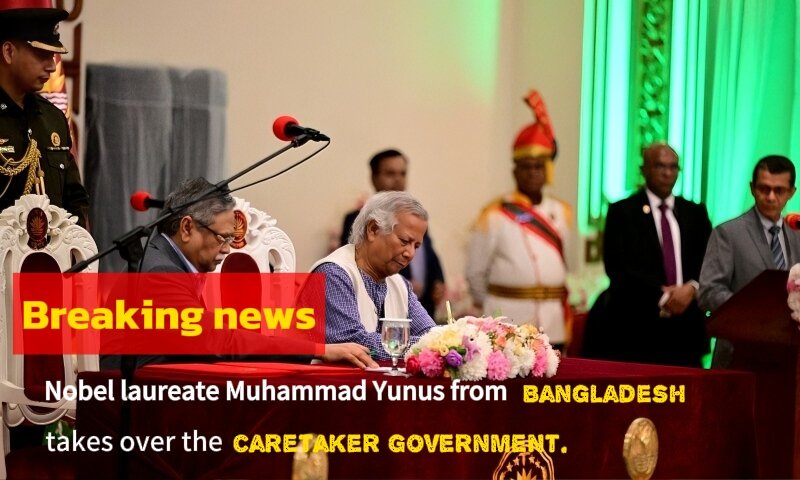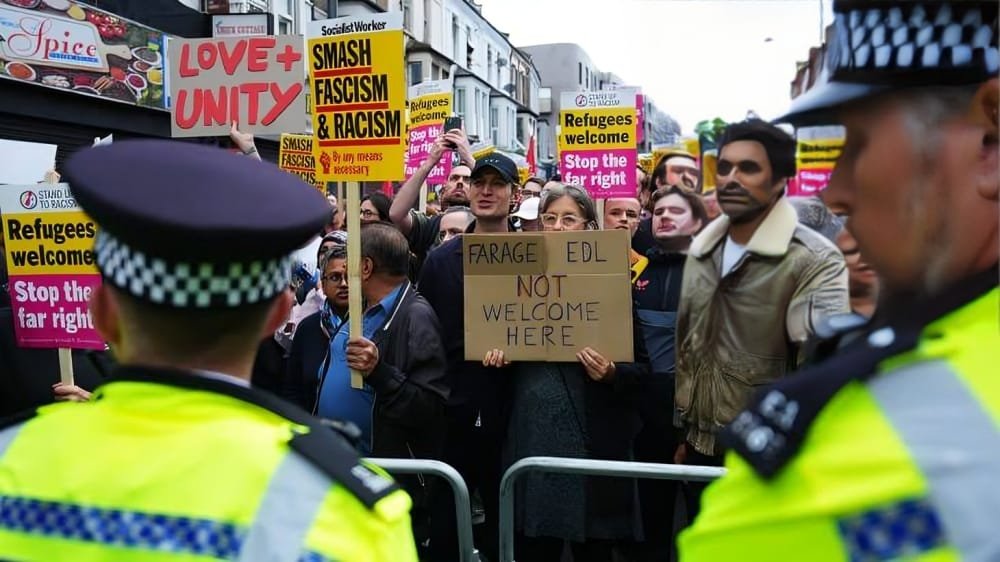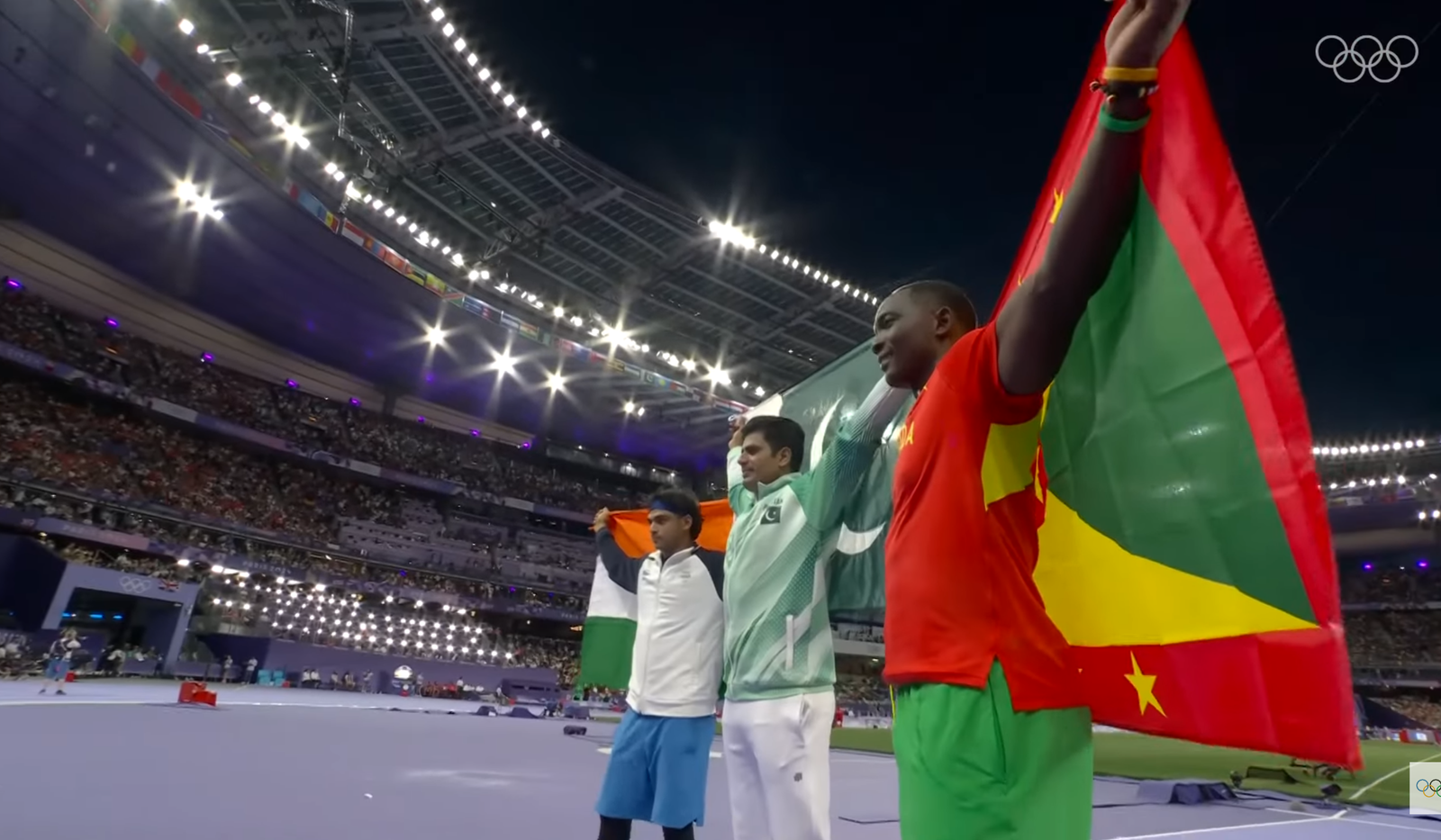
What is geopolitical strategies and military actions ?
Predicting Russia’s especially in the context of its geopolitical strategies and military actions, is complex and uncertain. However, some potential directions can be inferred based on current events, historical behavior, and strategic objectives.
1. Continued Involvement in Ukraine
- Military Operations: Russia might continue its military operations in Ukraine, either maintaining its current positions or seeking further territorial gains. The intensity and focus of these operations could vary depending on the situation on the ground and international responses.
- Diplomatic Maneuvering: Russia could pursue diplomatic avenues, possibly pushing for negotiations that might allow it to consolidate its gains or achieve some form of recognition of its control over certain regions.
- Hybrid Warfare: The use of hybrid tactics, including cyberattacks, disinformation campaigns, and economic pressure, is likely to continue. These strategies aim to weaken Ukraine’s resistance .
The Geopolitical Triangle: Ukraine, Russia’territory, and Iran
In the complex world of geopolitics, the relationships between nations can often create intricate and shifting alliances. The current dynamic between Ukraine, Russia, and Iran is a prime example of how regional conflicts, strategic interests, and global power plays intertwine to shape international relations.
Ukraine: The Epicenter of Conflict
Ukraine’s resistance, bolstered by Western military aid and diplomatic support, has transformed the nation into a symbol of defiance against Russian aggression. The conflict is not just about territorial control but also about the future of Ukraine as a sovereign state and the broader implications for global order. As Ukraine fights to reclaim its territories and protect its sovereignty, its struggle has highlighted the broader clash between democratic values and authoritarianism.
Russia’s Territory: The Pursuit of Regional Dominance
Russia’s territory invasion of Ukraine is driven by multiple factors, including historical grievances, security concerns, and President Vladimir Putin’s vision of restoring Russia’s influence over its near abroad. The annexation of Crimea in 2014 and the subsequent support for separatist movements in Eastern Ukraine were early indicators of Russia’s broader ambitions. The full-scale invasion in 2022 marked a significant escalation, signaling Russia’s willingness to use military force to achieve its geopolitical goals.
Russia’s actions in Ukraine have drawn widespread international condemnation and led to severe economic sanctions from the West. However, despite these sanctions and the significant military and human losses, Russia continues its campaign, determined to reshape the post-Cold War order and reassert its influence in Eastern Europe.
Moscow’s strategy is not limited to conventional warfare. Russia has also engaged in hybrid warfare tactics, including cyberattacks, disinformation campaigns, and energy coercion, to weaken Ukraine and destabilize Europe. These tactics aim to undermine Western unity and create divisions within NATO and the European Union.
Iran: A Strategic Ally and Geopolitical Player
Iran’s role in the Ukraine-Russia conflict might seem peripheral at first glance, but it is far from insignificant. Tehran has developed closer ties with Moscow, driven by shared interests and a mutual opposition to Western influence. This alliance has been particularly evident in the military and economic cooperation between the two countries.
One of the most notable aspects of this cooperation is Iran’s provision of military drones to Russia. These drones have been used by Russian forces in Ukraine, playing a key role in Russia’s military strategy. The collaboration on drone technology is just one example of how Iran has been able to leverage its military capabilities to enhance its regional and global influence.
Iran’s motivations are multifaceted. By supporting Russia, Iran seeks to strengthen its strategic partnership with a powerful ally while also defying the West. This partnership has provided Iran with much-needed economic and military support at a time when it is under heavy sanctions and international pressure due to its nuclear program and regional activities.
Furthermore, Iran’s involvement in the conflict has allowed it to gain valuable military experience and test its weapons systems in a real combat environment. This experience could prove crucial as Iran continues to assert its influence in the Middle East, particularly in conflicts in Syria, Iraq, and Yemen.
The Geopolitical Implications
The relationships between Ukraine, Russia, and Iran have significant implications for global geopolitics. The conflict in Ukraine has become a focal point for a broader struggle between Western powers and a coalition of authoritarian states led by Russia and supported by Iran and other like-minded nations.
This geopolitical triangle is also a reflection of the shifting balance of power in the world. As Western influence wanes in certain regions, countries like Russia’s Territory and Iran are seeking to fill the vacuum, often through military means. Their cooperation in the Ukraine conflict is a clear indication of how these nations are willing to challenge the existing international order to secure their interests.
The outcome of the Ukraine war will not only determine the future of Ukraine but also shape the global balance of power for years to come. If Russia’s Territory succeeds in its objectives, it could embolden other authoritarian regimes, including Iran, to pursue aggressive policies in their regions. Conversely, a Ukrainian victory, supported by the West, could reaffirm the strength of democratic alliances and deter future acts of aggression by authoritarian states.






